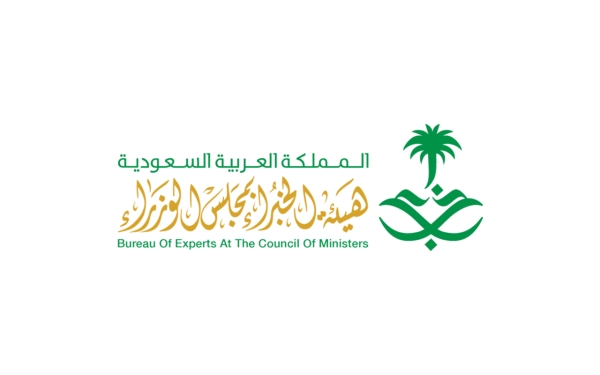

The Law of Real Estate Ownership and Investment by Non-Saudis is a set of legal rules governing the ownership and investment of real estate by non-Saudis, including both individuals and entities, within the Kingdom of Saudi Arabia. This law outlines the specific areas where non-Saudis can own property, the limitations on that ownership, and the associated rights. Issued on April 6, 2000, it consists of nine articles and supersedes the previous Law of Real Estate Ownership by Non-Saudis from 1971.
History of the Law of Real Estate Ownership and Investment by Non-Saudis
The Law of Real Estate Ownership and Investment by Non-Saudis issued in 1971 was the first law to address real estate ownership by non-Saudis. Another law bearing the same name was issued in 2000.
Several articles of the Law of Real Estate Ownership and Investment by Non-Saudis have been amended since its issuance, with Articles Five and Eight being revised on different dates. Notably, Article Five underwent three amendments in consecutive years: 2007, 2018, and 2020.
Conditions for real estate ownership and investment by non-Saudis
According to Article One of the Law of Real Estate Ownership and Investment by Non-Saudis, a non-Saudi investor with natural or corporate personality, licensed to practice any professional, vocational, or economic activity may acquire the real estate necessary for practicing the activity. It includes the real estate required for his residence and the residence of his employees, pursuant to the approval of the body issuing the license. Said real estate may also be rented subject to the provisions of Article Five of this law.
If the abovementioned license includes purchasing buildings or lands in order to construct buildings on them and invest in them by means of selling or renting, the total cost of the project, land, and construction, shall not be less than SAR30 million. This amount may be amended by the Council of Ministers. It is also stipulated that such real estate be invested within five years of its acquirement.
Article Three stipulates that on the basis of reciprocity, foreign representatives approved in the Kingdom may acquire their official seat of office and the residence for the head and members of staff. International and regional agencies, within the scope of the agreements governing them, may acquire their official headquarters, subject to obtaining permission from the Minister of Foreign Affairs.
As per the provisions of the Law of Real Estate Ownership and Investment by Non-Saudis, notaries public or any other competent body may not notarize any action inconsistent with the provisions of this law. The implementation of the provisions of this law is without prejudice to the rights to ownership granted to non-Saudis under previous laws; privileges included in the rules regulating real estate ownership by citizens of GCC countries; acquirement of right to ownership or any other original right in rem to real estate by way of inheritance; or laws, Council of Ministers’ resolutions, and high orders prohibiting ownership at certain sites.
Characteristics of the Law of Real Estate Ownership and Investment by Non-Saudis
The Law of Real Estate Ownership and Investment by Non-Saudis has bolstered the protection of the holy cities by restricting non-Saudis from owning property within the borders of Makkah al-Mukarramah and al-Madinah al-Munawwarah, except in cases of inheritance. The provisions prohibit the transfer of property rights, including ownership, usufruct, or easement, to non-Saudis in these areas. However, an exception is made for the transfer of ownership to foreigners if the property is designated as an endowment, with specific conditions outlined for this exception.
Draft amendment of the Law of Real Estate Ownership and Investment by Non-Saudis
The draft amendment to the Law of Real Estate Ownership and Investment by Non-Saudis, issued in 2022, aims to enhance and streamline the process of transferring property ownership to foreigners in the Kingdom, particularly in cities and economic zones. This includes Makkah al-Mukarramah and al-Madinah al-Munawwarah, key destinations that attract large groups of visitors annually. The amendment seeks to strengthen the real estate market by appealing to the business sector and foreign investors, ultimately boosting the efficiency and growth of the sector.
Additionally, the amendment introduces rules and procedures for property ownership by international and regional organizations, in line with agreements signed between these bodies and the Kingdom, based on the principle of reciprocity. It also grants foreign diplomatic missions the right to own property for their official headquarters, as well as residences for their heads and staff.
Related quizzes
Related articles

